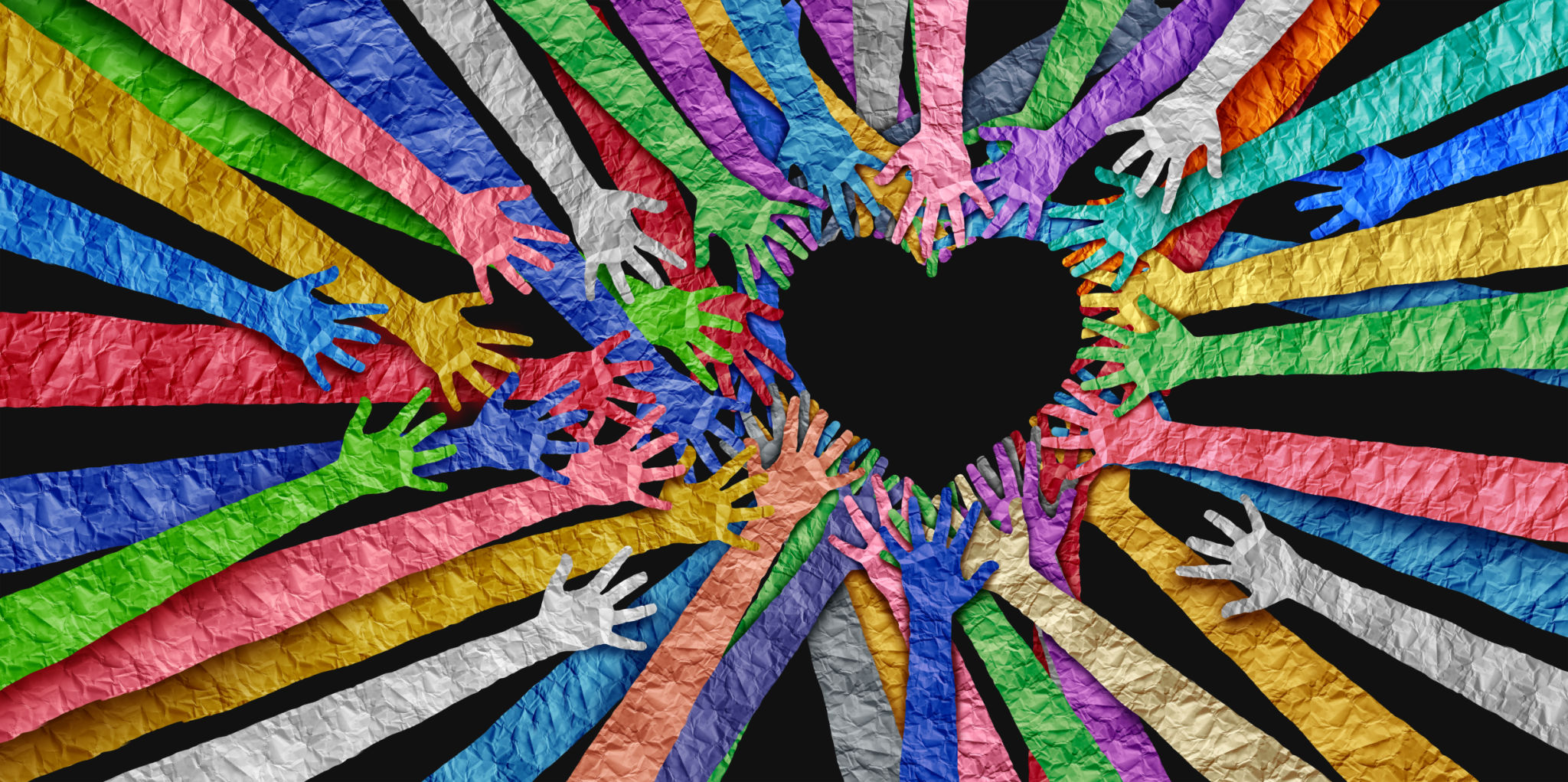Debunking Common Myths About Modern Churches
The Misconception of Antiquated Practices
When people think of churches, they often envision traditional structures and rituals that may seem outdated. However, modern churches have evolved significantly to align with contemporary values and lifestyles. Many churches have embraced technology and innovation, offering virtual services and utilizing social media to engage with their communities more effectively.

Despite these advancements, a common myth persists that churches are stuck in the past. In reality, many congregations are actively redefining what it means to be part of a faith community in the 21st century. They are creating spaces that are inclusive, dynamic, and relevant to today's challenges.
Churches and Inclusivity
Another prevalent myth is that churches are exclusive spaces, only welcoming those who fit a certain mold. This stereotype is being challenged as many modern churches prioritize inclusivity and diversity. They are actively opening their doors to all individuals, regardless of background, belief, or lifestyle. This shift highlights a commitment to acceptance and understanding.

Some churches have established programs specifically designed to support marginalized groups, such as LGBTQ+ individuals or those facing economic hardships. By doing so, they strive to create environments where everyone feels valued and heard.
Financial Misconceptions
The notion that churches are solely focused on financial gain is another myth that deserves debunking. While churches do rely on donations to operate, many modern congregations prioritize transparency and ethical stewardship of resources. They often reinvest in community development projects, charitable endeavors, and support for local initiatives.
Furthermore, various churches are implementing financial education programs to help congregants manage their finances better. This approach not only benefits individuals but also strengthens the community as a whole.

Resistance to Change
Lastly, there's a belief that churches are resistant to change. While tradition is an important aspect of many faiths, modern churches acknowledge the need for adaptation in a rapidly changing world. They are increasingly focusing on relevant social issues such as environmental stewardship, mental health awareness, and social justice.
By addressing these topics head-on, modern churches are proving that they can be both a beacon of tradition and a catalyst for change. They are finding ways to engage with younger generations and ensure that their messages resonate with all age groups.
Conclusion: Embracing Modernity
In conclusion, the myths surrounding modern churches are being actively challenged by congregations committed to growth and inclusivity. By embracing technology, promoting diversity, prioritizing ethical financial practices, and adapting to societal changes, these churches are reshaping perceptions and making a significant impact within their communities.

As more people become aware of these efforts, it is clear that the modern church is not just a place of worship but also a vital part of the social fabric. By debunking these myths, we can appreciate the evolving role of churches in today's world.